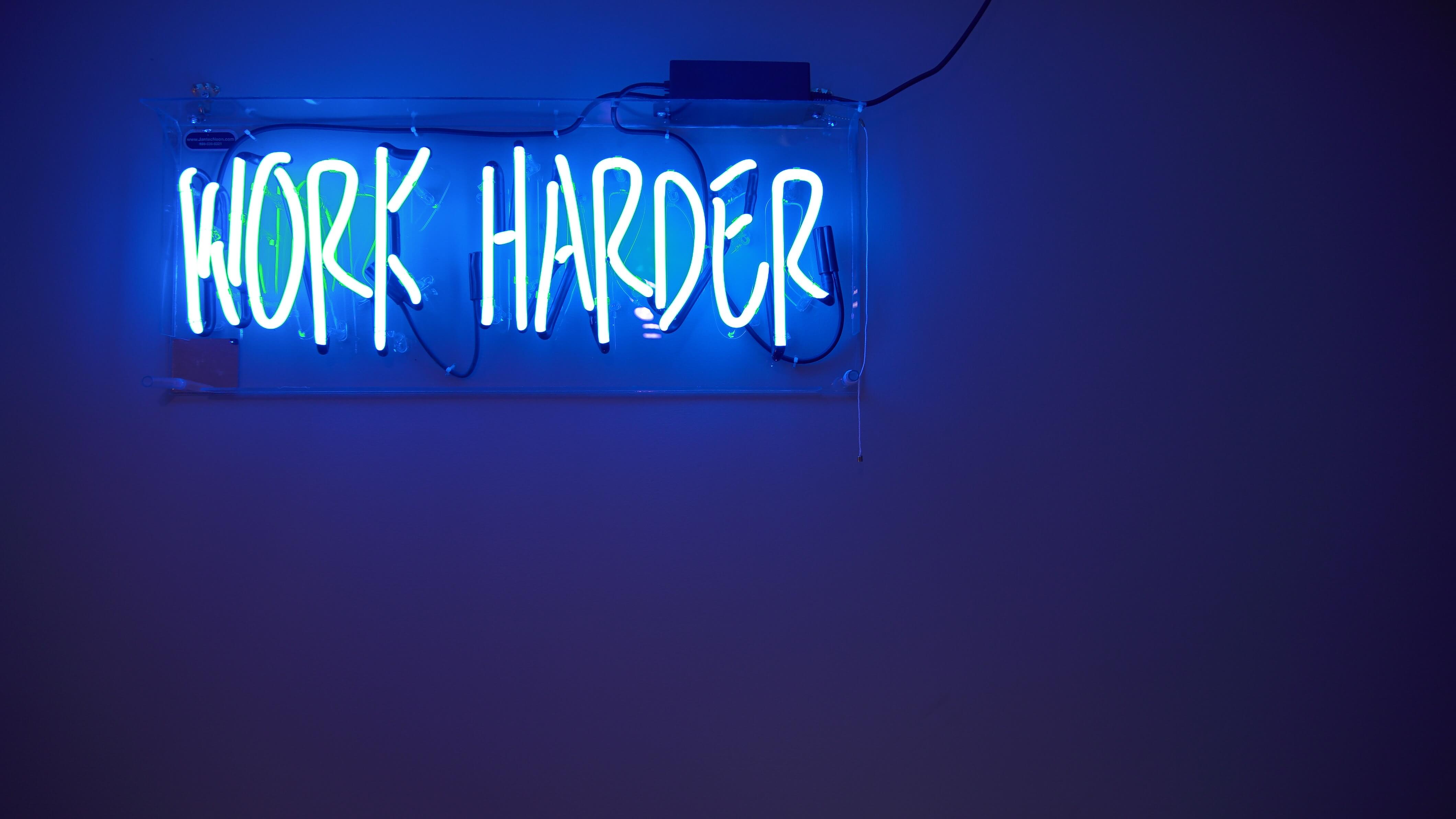Many different aspects of business have changed since the millennial generation became the largest among active employees. One of the most prominent being the importance of work-life balance.
A majority of workers today strive for and understand the benefits of a career that places a high priority on that of their employees’ personal lives. Commonly referred to as a “lazy and entitled” generation by those older, millennials typically ask their employers for time off, remote work, and the flexibility to adjust their hours according to personal events. Why does this deem them careless if these are all features that every generation wants out of their jobs? Perhaps the generational gap is defined by the dated notion that graciousness for even having a job means you are in no position to make demands.
Completing a job successfully should not be contingent upon spending 40 hours at the office, but rather the amount of work that is done. Should that require less hours or working from home, so be it. Managers should understand that forcing employees to do their jobs in a way that management wants them done will only deter them from doing so, and possibly prevent future hires.
The entire concept of work-life balance seems to be dated. The idea of having to devote one half of your life to your career seems daunting when spelled out. Effectively blending the two, not so much as a compromise, but as a better means of production is what most employers today understand as necessary for both success, and employee retention.
Another way to look at this debate is that despite physically leaving the office to go home, many employees continue to think about their jobs, the tasks that lie ahead, and issues that may arise in the near future. There isn’t a set time in which people are able to simply forget about their day’s work and go about their lives disregarding it. Stress or worry can carry well beyond the walls of an office. Conversely, people often think about their personal lives regularly while at work, more so when they are experiencing a bigger life event.
More businesses today should rethink their approach to employees’ work-life balance if they haven’t already done so. Making the personal lives and well-being of one’s team a priority is an almost guaranteed way to promote production, and increase employee retention. With millennials at the forefront of modern business ideas, perhaps even more aspects will begin to change for the better.






